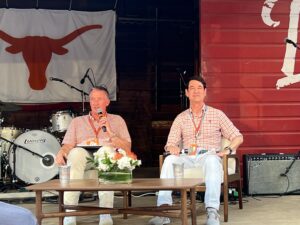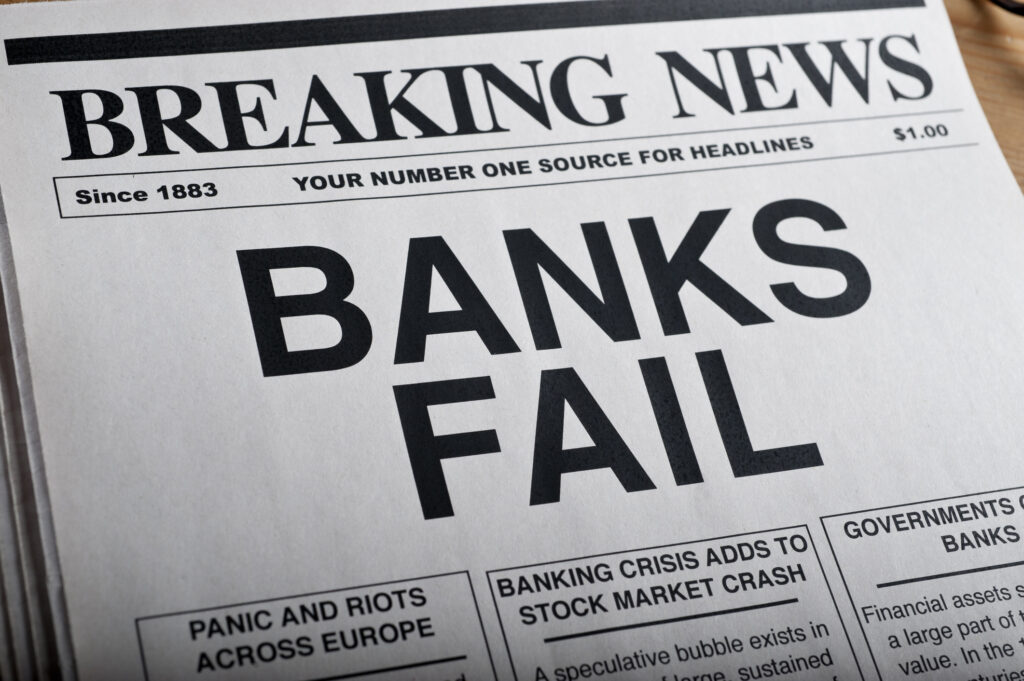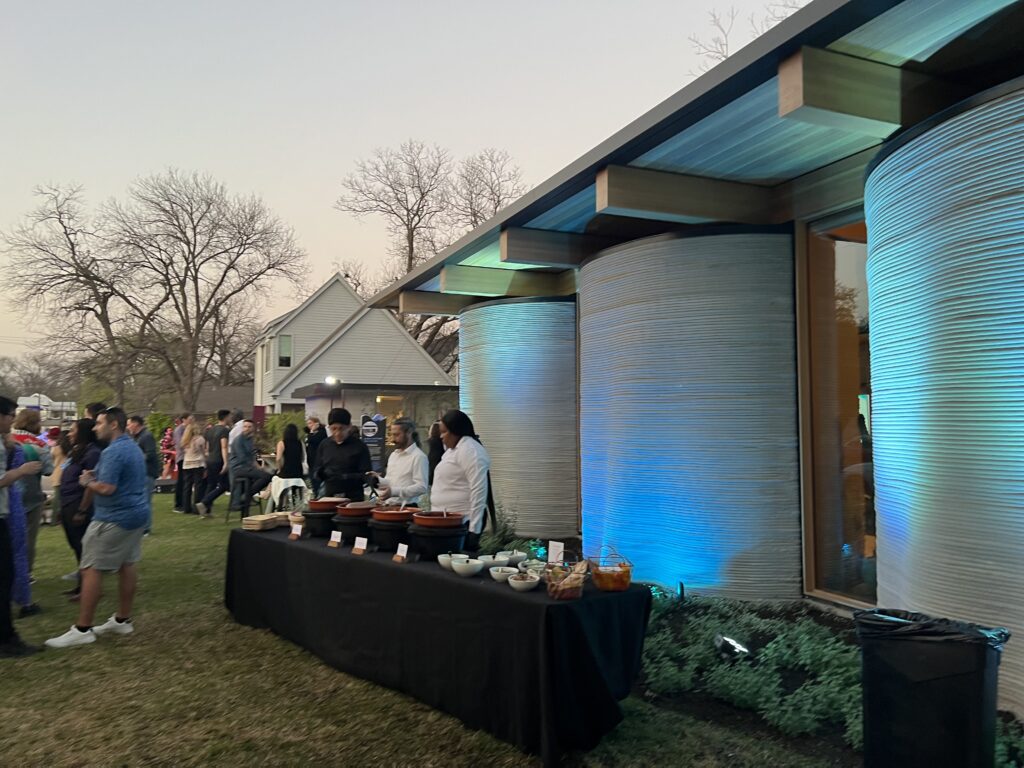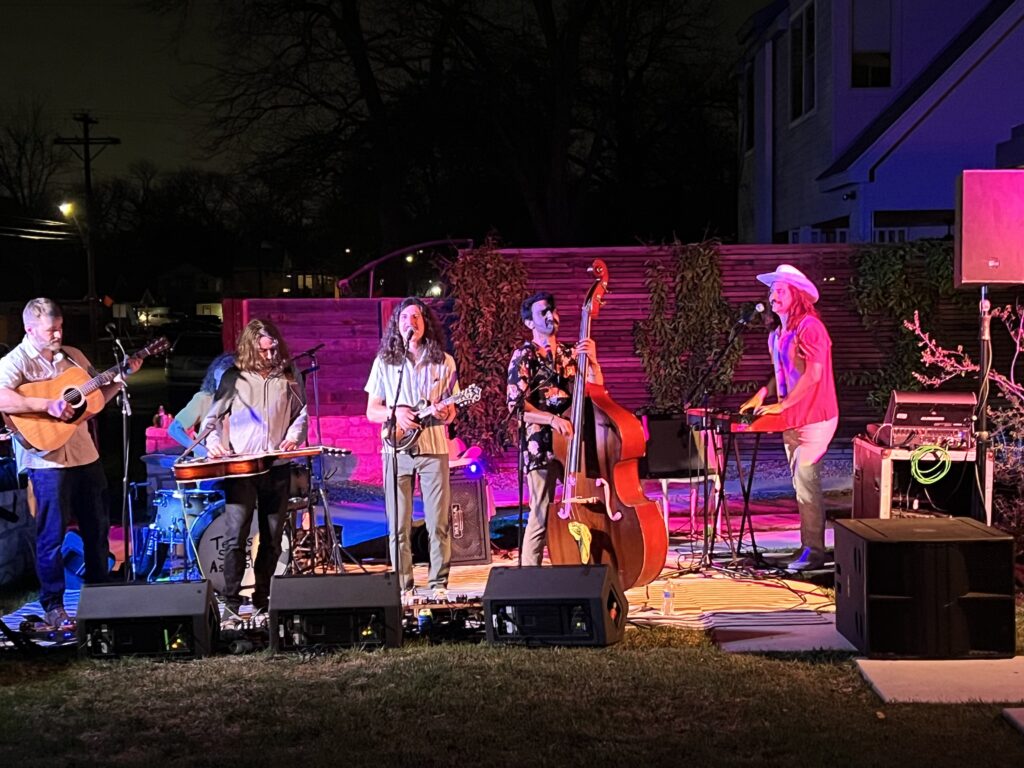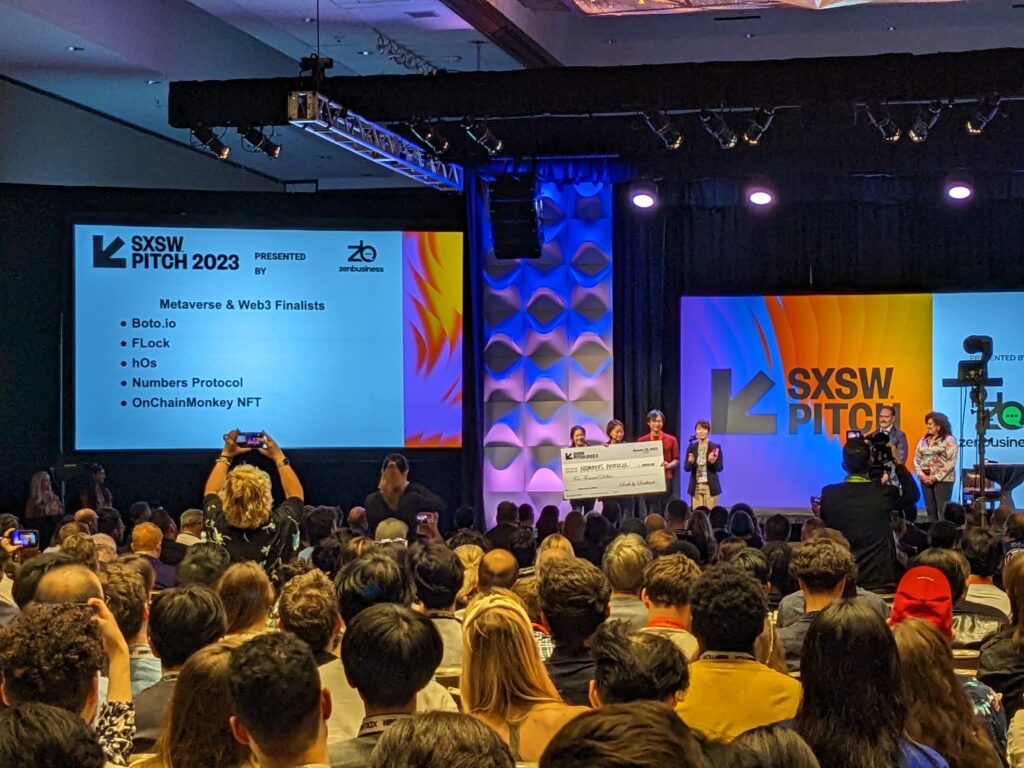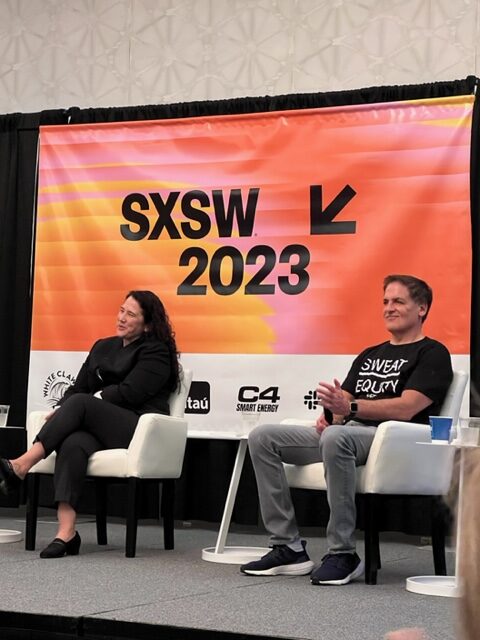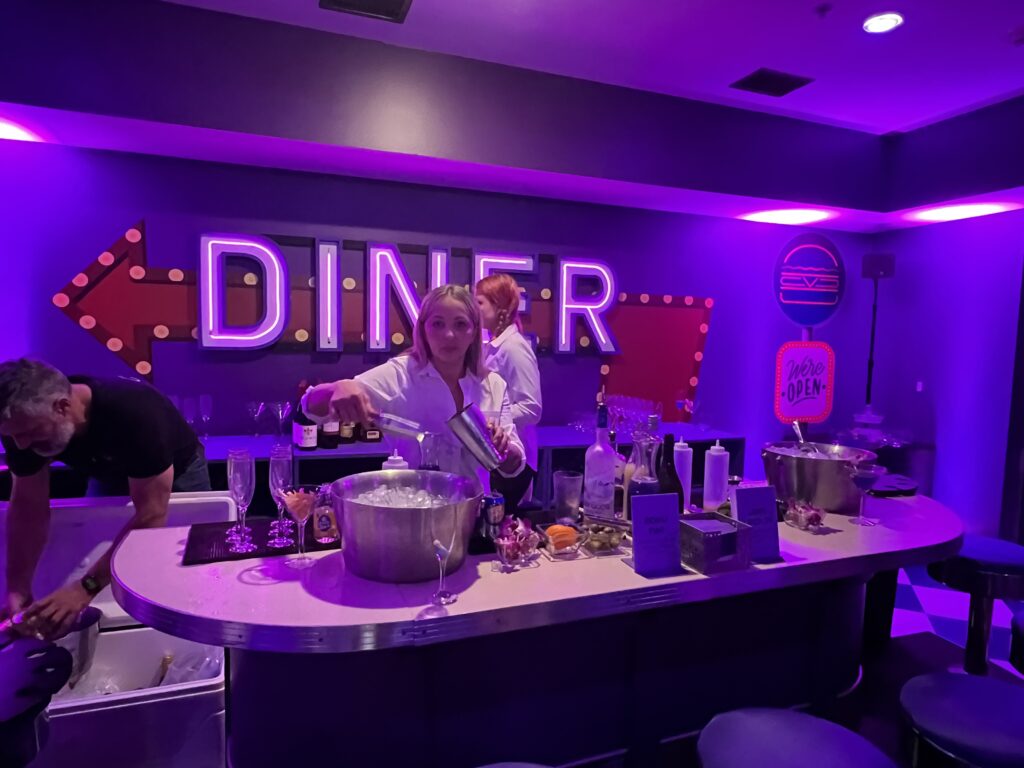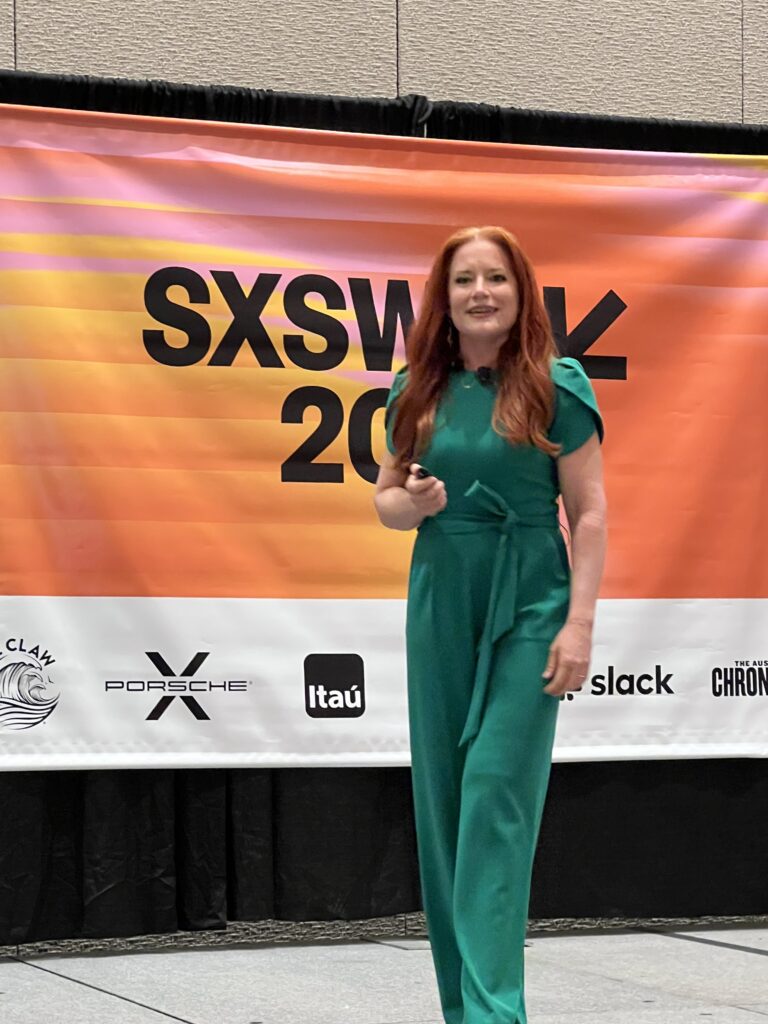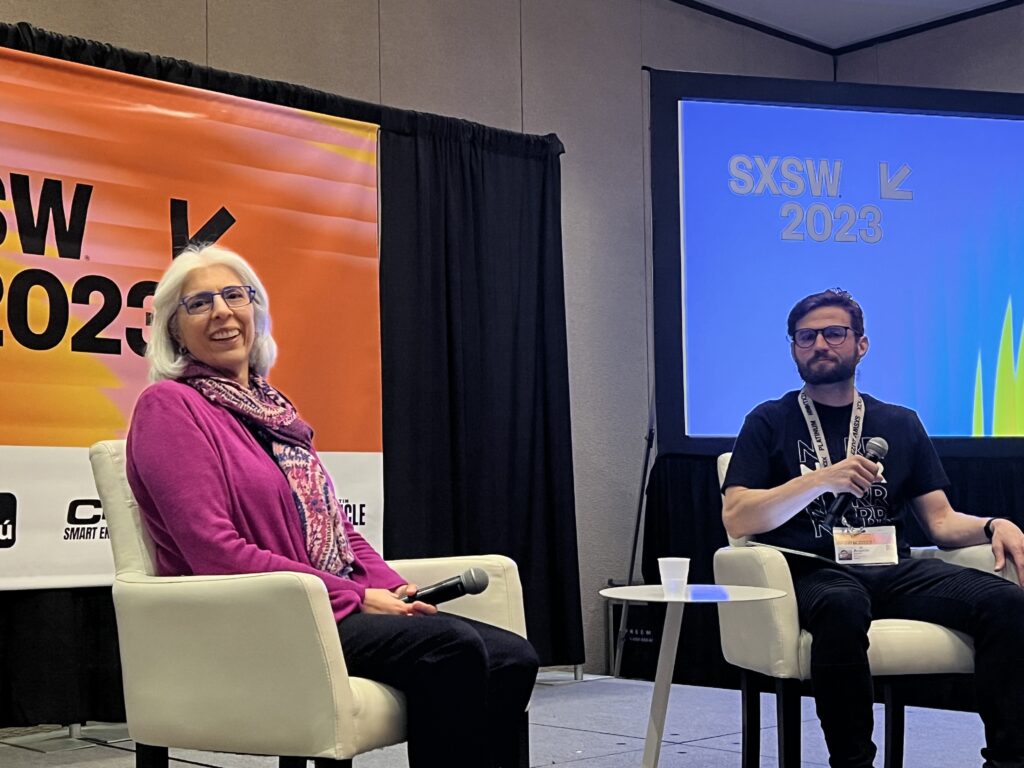By Laura Kobylecky, Special Contribution to Silicon Hills News

South by Southwest announced the 2023 Innovation Award winners during an awards ceremony at the Austin Convention Center on Monday evening.
The winners are:
Immersive
Move.ai of London, an OS Application, uses AI, computer vision, and machine learning to capture high-fidelity motion without the traditional markers and suits. It helps enable motion capture with things like off-the-shelf cameras and mobile phones.
Media
For Tomorrow: an Innovation Ecosystem of Los Angeles helps connect insights, innovators, resources, and inspiration and encourages people with actionable on-the-ground solutions to reach out to them and join their network. The company strives to “create what matters.”
Convergent Gaming
Time Investigators of Bourne End, U.K., is a mystery-solving game that uses augmented technology to further immerse players in the experience.
Audio
Nomono Sound Capsule of Trondheim, Norway, created a wireless, self-contained recording kit for easy recording in the field and on the go. The technology democratizes audio by enabling “anyone to capture good audio.” The award was significant to them as there were “40 people sitting in Norway waiting in the middle of the night with vodka” to find out the results of this competition.
Enterprise DEI Workplace
Sephora of San Francisco is a multinational retail brand with skincare, makeup, beauty, fragrance, and hair products.
Mid-Sized DEI Workplace Innovation
Bitwise Industries of Fresno, CA, uses apprenticeships to bridge the gap between working in the tech industry and learning. The company offers a living wage to apprentices working on real-world projects.
Rising DEI Workplace Innovation
Included.ai of Seattle uses DEI data science to build a people analytics platform. Its process can help companies connect with talent from diverse pools.
Urban Infrastructure
Power From the People of Brooklyn, NY partners with property owners to help them secure permits and add public chargers to their properties.
Artificial Intelligence
Bird Buddy Smart Bird Feeder of Kalamazoo, MI, is an AI-powered bird that lets people know when a bird visits and takes pictures. The company’s mission is to reconnect people with nature; on average, users spend 10-11 minutes daily looking at birds.
Renewable Design
The Pollinator™ Kit for Renewable Design of Alameda, CA, makes a kit that lets creatives use renewable polyurethane to build and prototype.
Social Impact
The 35*2 Free Initiative of Towson, MD, creates programs that improve college-educated black women’s economic and financial mobility. The company provides career coaching, financial guidance, and retroactive scholarships.
Sustainability
World’s Whitest Paint–Thinner Than Ever of Lafayette, IN, Purdue University researchers developed the paint that helps to “fight global warming by reducing the need for air conditioning.”
Health and Med Tech category
NeuraLight – Digitizing Neurology of Tel-Aviv, Israel, introduces “novel ways of diagnosing and monitoring” issues like Alzheimer’s.
Patient Safety Technology
Kalogon of Melbourne, Fl, makes a smart cushion. It is helping the world live an active seated life by improving posture, relieving pain, and increasing blood flow.
Best in Show
GAF Beats the Heat by Cooling Streets of Parsippany, NJ. is an initiative aimed at helping cities address urban heat at a community level by developing insights and assessing the effects of current cooling strategies.
From a pool of hundreds, over 50 finalists were considered for the 14 different categories. The winners were announced in a ceremony hosted by Austin comedian Carlton Wilcoxson, who created enthusiasm throughout the night.

The Innovation Awards also included the induction of Dan Rather into the SXSW Hall of Fame. He was greeted with a standing ovation. Rather said this award was significant to him because when he was young, he saw “the lights of Austin” as “a beacon of creativity and knowledge and infinite possibilities.” He lives in Austin and still believes in the strength of that beacon and told the audience, “keep dreaming, keep exploring, keep connecting.”
Before the presentation, energy was high in the line that curled around the corner of the ballroom. Various people speculated whether they would be granted access to the event or if capacity had been reached.
Michelle Vincent, who spoke at the SXSW session You Should Start Your Own Indie Agency attended. She was particularly excited about the Innovation awards, explaining that she was “running a company where we are trying to transform and innovate, so we’re really curious to see what SXSW is doing to set the standard.” Her particular interests included the creative side of things, artificial intelligence, the metaverse, and film.
